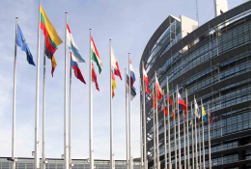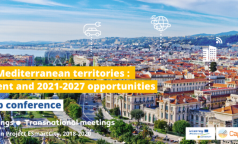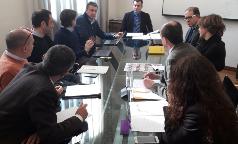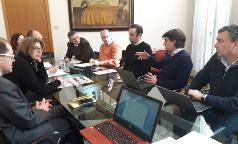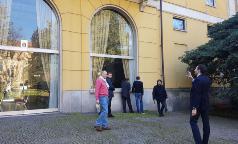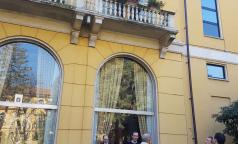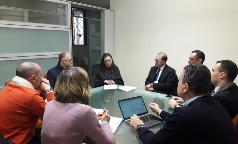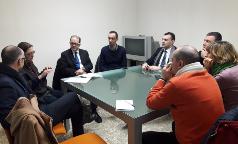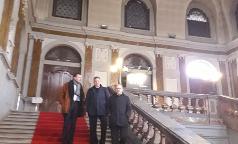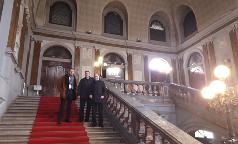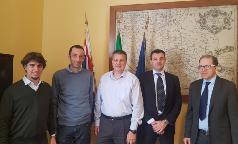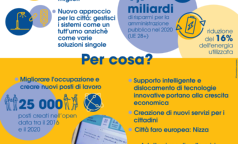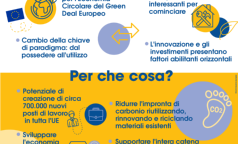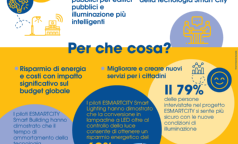MED ESMARTCITY
Enabling Smarter City in the MED Area through Networking
Period: December 2017 – May 2020
European programme of reference: Interreg MED – European Territorial Cooperation (ETC), transnational
OBJECTIVE
Promoting Mediterranean innovation capacities to develop smart and sustainable growth, by increasing transnational activity of innovative clusters and networks of key sectors of the MED area.
ABSTRACT
ESMARTCITY exploits MED area good potential in Green Growth, sub theme of Smart Cities, in order to increase the overall innovation level towards Europe 2020 strategy. It follows a holistic approach of networking/clustering led by existing innovative clusters in the area. The Smart City concept utilizes ubiquitous digital infrastructure of modern cities, enriching it with smart devices, embedded systems, sensors and actuators, in order to allow the deployment of innovative services/applications to end users/citizens. It can enhance innovation capacities of cities, transforming them from mere technology enforcement objects to innovation ecosystems, producing new work and living scenarios in a bottom-up approach. Both businesses and academia, and citizens and public/city authorities benefit as providers and consumers of new applications/services.
Despite existing pilot demonstrations, the Smart City market remains largely technology-driven. The challenge of creating the necessary public authority/citizen pull is addressed by ESMARTCITY. Following a networking approach of all potential Smart City enablers and end users, the project tests its sustainability transferring Innovation Policy Change recommendations towards local/regional authorities in the MED area.
ACTIVITIES IN MILAN
The project in Milan consists in creating an innovative model dedicated to energy-efficiency in public buildings, based on the research activity led by the Politecnico Institute and on the innovative telecommunication infrastructure developed by the Metropolitan City of Milan.
Such a model, through house automation, will allow to test, manage and monitor environmental parameters (temperature, lighting, humidity, etc.) in at least one public building of the metropolitan city (or in a part of it, such as the historical part of the MCM’s headquarters in via Vivaio 1) and within schools. The Politecnico’s experience in data analysis will aenable an efficient use of collected data in order to optimize and make energy consumption more efficient, with a long-term perspective. In case of positive results, this model could be replicated in other buildings and potentially in other countries.
The Partners are the Region of Abruzzo (Italy, coordinator), the Athena Research and Innovation Center (Greece), Inria (France), the Energy Agency of Granada (Spain), the City Development Agency East Sarajevo (Bosnia and Herzegovina), Energy and Environment of Arrábida (Portugal), the Region of Western Greece (Greece), the Metropolitan City of Milan (Italy), the Politecnico of Milano (Italy) and Capenergies (France).
Data creazione: Fri Apr 06 16:42:56 CEST 2018

